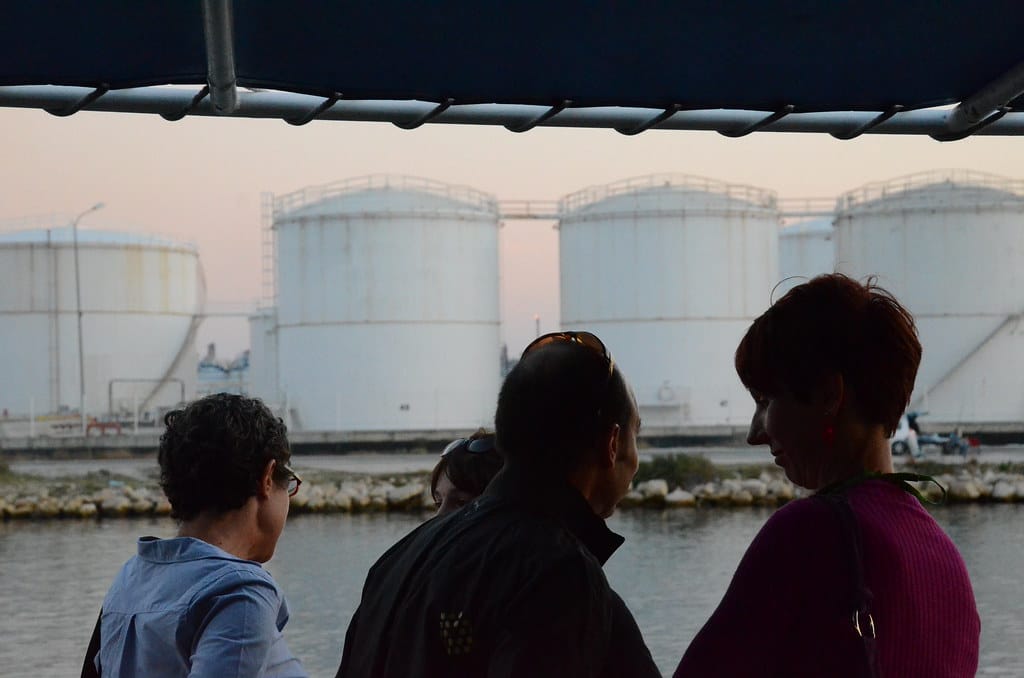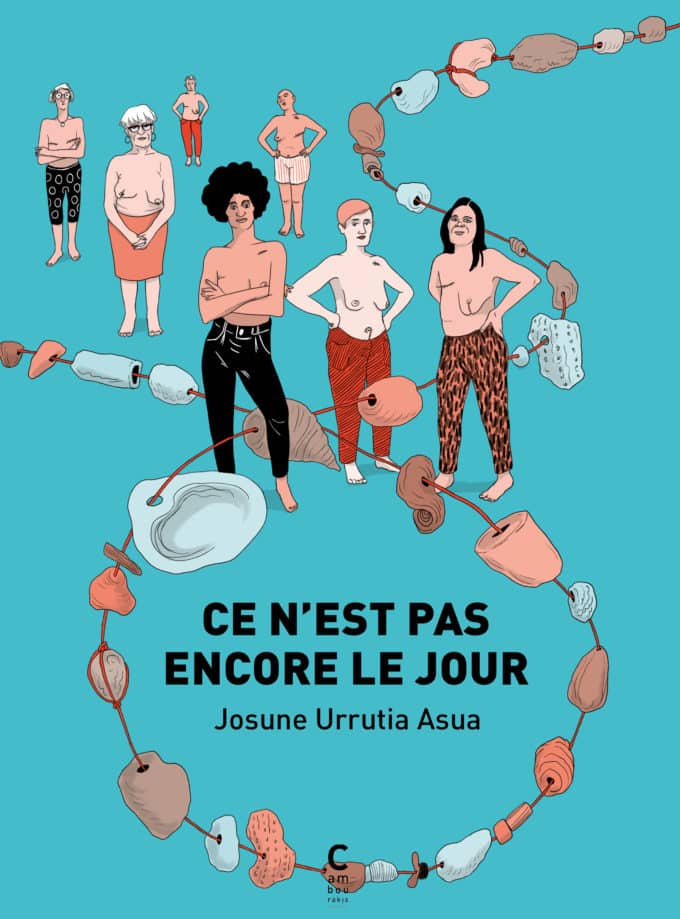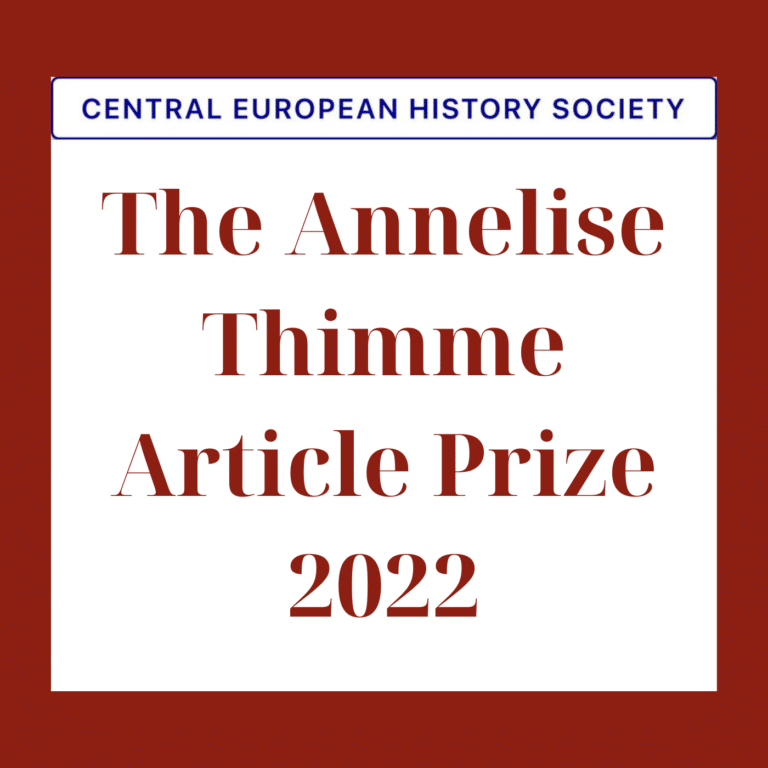On June 6th, 2022, Barbara Allen, a sociologist of science (Virginia Tech) and former resident researcher at Iméra (2013-14), held the final presentations of the Fos Espeal project at Iméra, which had received widespread media coverage (see: Marsactu, La Provence, and Radio France). Allen founded this ongoing research project during her residency at Iméra in 2013. The group has been working on questions related to environmental health in the industrial zone of the Berre lagoon.

Final presentations and reports (2022)
The EPSEAL team presented the entire study’s results at a scientific seminar (Iméra, Marseille) and a public presentation for civil society (City Hall, Fos-sur-Mer) during the week of June 6th, 2022.
The reports can be downloaded in PDF below: (in french)
Interdisciplinary final report (Volume 1)
Lees J, Jeanjean M, Ferrier Y, Allen B.L. 2022. Epseal Final Study Report (Locally Anchored Participatory Environmental Health Study) – Volume 1. Environment and Health of Inhabitants on the Industrial Front (Fos-Berre).
Anthropological final report (Volume 2)
Lees J, Ferrier Y. 2022. Epseal Final Study Report (Locally Anchored Participatory Environmental Health Study) – Volume 2. Living on the Industrial Front (Fos-Berre): Ordinary Violence and Relationships with the World, an Anthropological Approach.
Summary of the results of Volume 1 for the citizens
List of all scientific publications
The Fos Epseal projects (2013-2022)
Since 2013, the Fos EPSEAL team has been working on questions related to environmental health in the industrial zone of the Berre lagoon. Classic qualitative methods in sociology and anthropology and methodologies from popular epidemiology have been used in two towns on the industrial front of the Berre lagoon, Fos-sur-Mer and Port-Saint-Louis, and in another town located 30 km from Fos-sur-Mer: Saint-Martin-de-Crau. The EPSEAL methodology (Locally Anchored Participatory Environmental Health Study) combines quantitative and qualitative methodologies to produce environmentally anchored health knowledge that closely involves the inhabitants, citizens, and workers of the studied towns at all stages of the research: from constructing the scientific object and the survey questionnaire to interpreting the results and reflecting on their use, analyzing data collected from the inhabitants, and up to the valorization and dissemination of the results.
By following the roadmap of the local inhabitants, citizens, and workers and their social demand, the team conducted several studies.
Preliminary survey (2013-2014)
A preliminary sociological survey was conducted between 2013 and 2014 regarding collective mobilizations in the Berre lagoon area, which confirmed the social demand for a locally anchored health study, resulting in about forty workshops.
Part 1: Fos-sur-Mer and Port-Saint-Louis-du-Rhône (2015-2017)
Between 2015 and 2017, Part 1 was implemented in the towns of Fos-sur-Mer and Port-Saint-Louis through the EPSEAL methodology, which is derived from popular epidemiology (study funded by funds entrusted to the French National Agency for Food, Environmental and Occupational Health and Safety, EST-ANSES National Research Program on Environment, Health, and Work, with the support of the Cancer ITMO as part of the 2014-2019 Cancer Plan). The study documented self-reported health indicators related to the pathologies experienced



